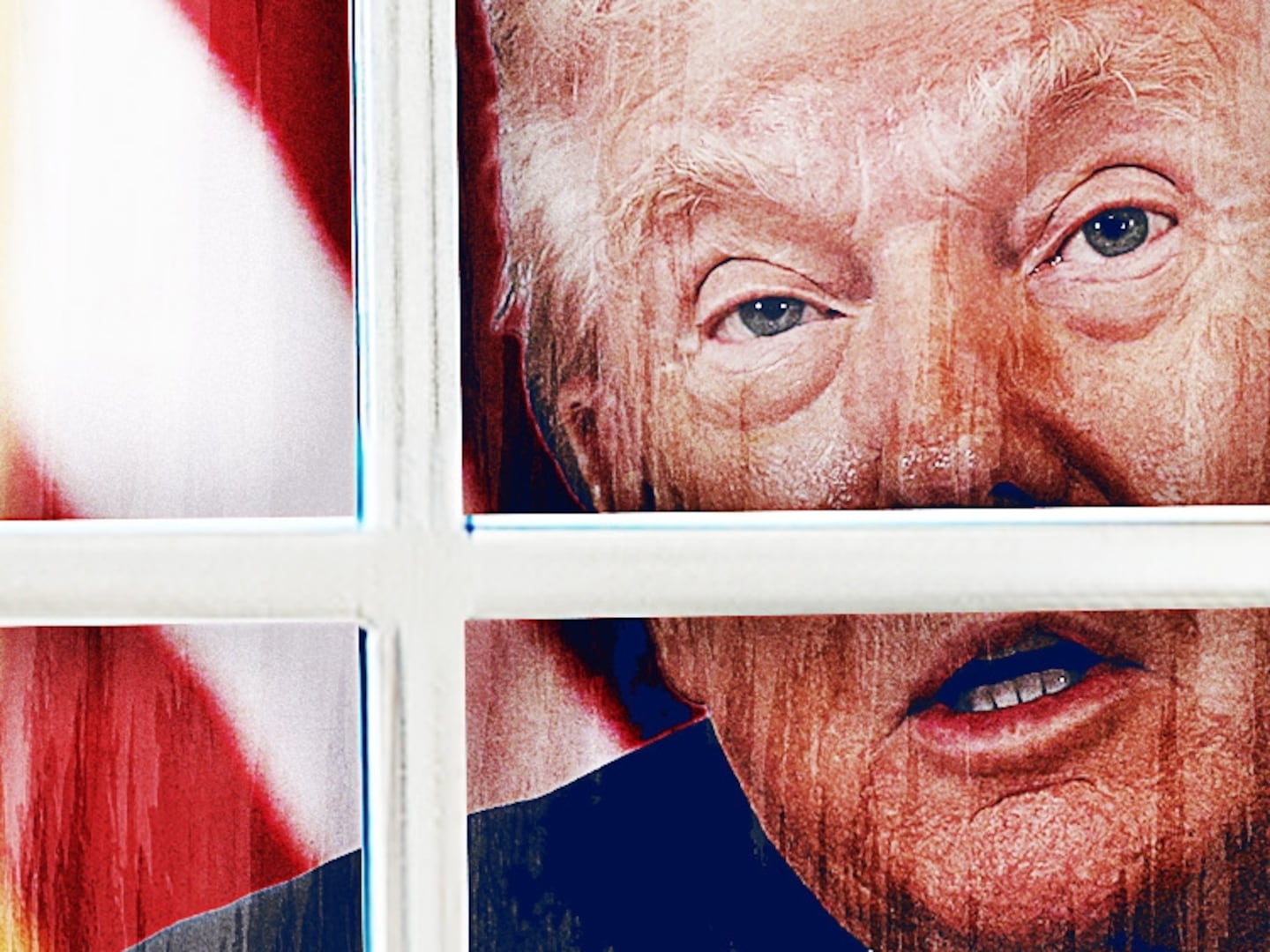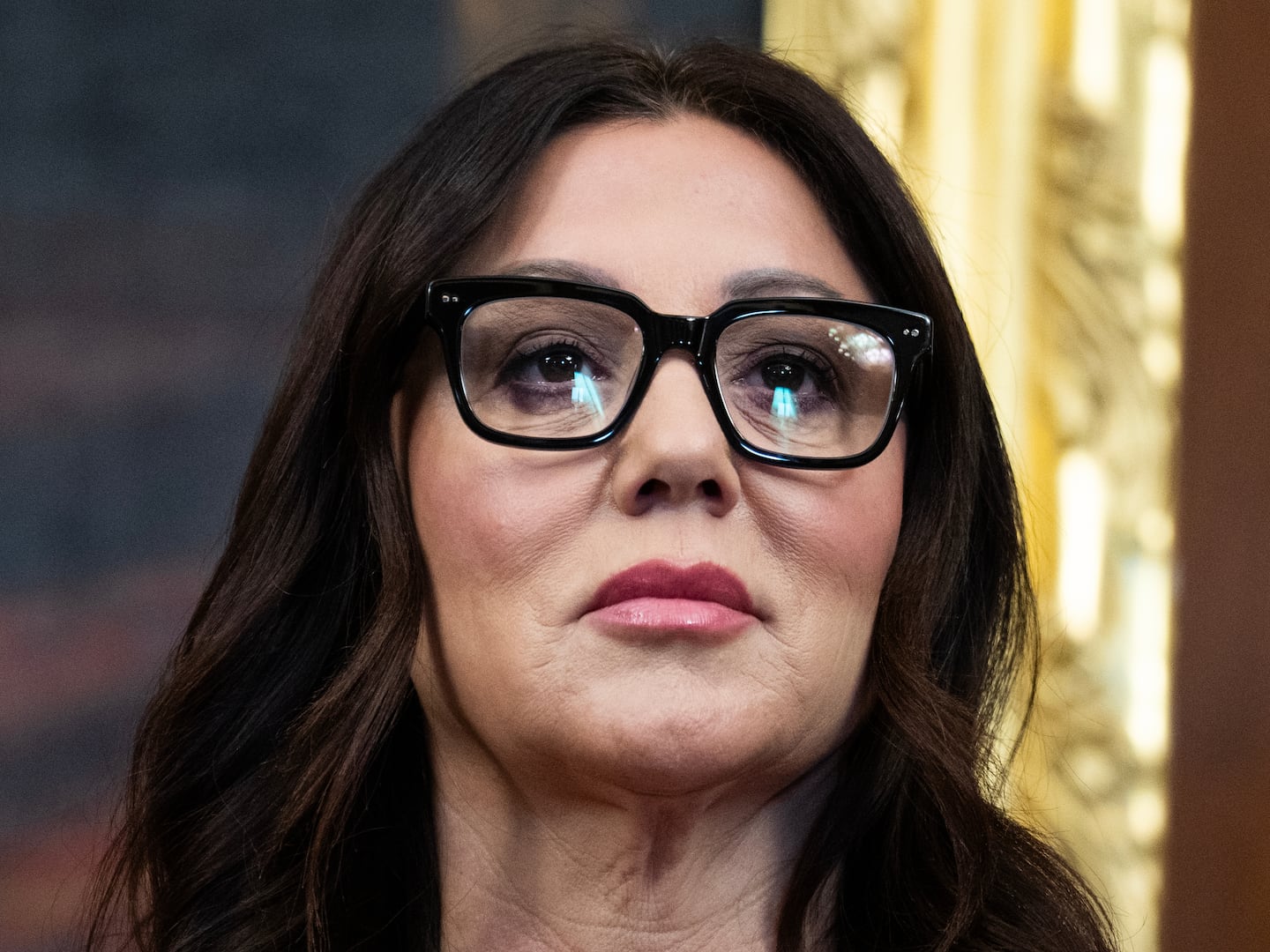Jewish Guilt
Carter says he was “really disgusted with the American Jewish community” after Alfred Moses, who served as special adviser and special counsel to Carter from 1980-81, urged Carter on November 15, 1980, to not sell weapons to the Saudi Arabians. Carter also seemed angry that he tried so hard to win over the Jewish vote prior to the 1980 presidential election, yet only managed about 45 percent of the vote. “I would have been better off if I had ignored them,” said Carter. (485) Still, Carter is (slightly) remorseful, stating: “I still have deep regrets about the fact that I alienated many American Jews during my time as president, and over many years I have attempted to understand the reasons.”
Jimmy and Ted’s (Not So) Excellent Adventure
No one in Carter’s book is granted more ink than Ted Kennedy—Carter’s rival for the Democratic presidential nomination in 1980. Carter’s obsession with Kennedy stems from his belief that Kennedy divided the Democratic Party, resulting in Carter’s loss to Reagan in the 1980 presidential election. Carter claims Kennedy “always felt that, somehow, he was entitled to be president because of the tragic legacy of his brothers,” (365) and that Kennedy maintained an “irresponsible and abusive attitude” toward the former president. (325) On September 17, 1979, when discussing Kennedy’s challenge to Carter’s presidential nod, Carter ran off a laundry list of Kennedy’s supposed faults, such as: “As a student he was kicked out of college; he’s my age but unsuccessful,” etc. (356)
Health Careless
Carter recently lashed out at the late Sen. Ted Kennedy on CBS’ 60 Minutes, saying, “The fact is that we would have had comprehensive health care now had it not been for Ted Kennedy’s deliberately blocking the legislation that I proposed.” In his diaries, Carter recalls an early meeting with Kennedy on March 21, 1979, where they discussed their respective health-care proposals. Kennedy favored a comprehensive approach that would insure all Americans, while Carter spearheaded a moderate proposal laid out over several years. Of their meeting Carter was left mystified, remarking, “It’s almost impossible for me to understand what he talks about.” (306) Later, in the afterword, Carter places the blame on the efforts by insurance, medical, and pharmaceutical companies to “derogate and ridicule comprehensive health-reform proposals put forward by me, Bill Clinton, Barack Obama, and other presidents.” (531)
The Obama Warning
In the tome’s afterword, Carter laments the cyclical nature of politics—in particular how many of the issues faced during his presidency still haunt President Obama. While these recurring issues, ranging from health care to the Middle East, may suggest “the inability of any one administration to resolve difficult issues,” (530) it will be significantly more difficult for the Obama administration to try and resolve these problems given the “dramatic deterioration in the function of the House and Senate” since Carter’s tenure, where the bipartisanship the former president enjoyed has basically vanished. Carter attributes the current party divide to a “tremendous influx of campaign money,” “gerrymandered congressional districts,” and “negative advertising.” (531)
No Fan of New York
On March 24, 1980, after losing out in the New York Democratic Primary to Ted Kennedy by a vote of 59-41 percent, Carter blamed the loss on the popularity of Kennedy’s brothers and his overall lack of Jewish support. However, Carter also took a firm jab at the state of New York, saying, “It’s a unique state, with a habit of sucking at the federal budget tit more than anyone else in the country.” (412)
Reagan’s life “seemed to be governed by a few anecdotes and vignettes that he has memorized. He doesn’t seem to listen when anybody talks to him.”


Media Mad
In the afterword, Carter admits he failed “to form a mutually respectful relationship with key news media,” because, he claims, of Vietnam and Watergate he “inherited a suspicious, almost cynical attitude among the press toward the presidency.” (528) Several of Carter’s diary entries are dedicated to his administration’s seemingly ruthless press coverage, of which Carter takes no responsibility for, instead brushing it off with a mixture of self-deprecation and circumstance. He also argues that he received negative press because he “violated a long-standing tradition by refusing to provide humorous skits and comments at some of the annual banquets held by the news media.” (529)
Team Sadat
Carter’s self-professed greatest foreign-policy achievement is the Camp David Accords. Unfortunately, Carter has long been chastised by the “Jewish lobby”—as he calls it—for his antipathy towards Israeli interests, and this is never more present than during the momentous series of meetings in 1978 between Egypt and Israel. Carter paints a very positive portrait of Egyptian President Anwar Sadat as a leader concerned with “likely impact in broader realms, such as the entire Arab community or worldwide,” while Israeli Prime Minister Menachem Begin “would resort to minutiae, arguing for hours about the meaning of individual words” and “seemed to have no regard for anything except his own people.” (213)
Annoying Clinton
In 1980, when 125,000 Cuban refugees left their homeland to start anew in the United States, about 25,000 of them were housed at Fort Chaffee in Arkansas. Carter broke a promise to his friend, Arkansas Governor Bill Clinton, by sending them there, and when 300 of the Cubans broke out of the compound in May and wreaked havoc on the nearby area, sixty-two of them were injured. Video of the incident was used by Clinton’s opponent, Frank D. White, in his gubernatorial campaign against him. According to Carter, Clinton “would later maintain that my permitting Cubans to be incarcerated there was a major factor in his failure to be reelected in 1980,” (433) and could have effectively ended his political career.
A Nice Cup O’ Joe
Carter had only great things to say about current Vice President Joe Biden. Biden, then a young senator, met with Carter on January 31, 1978, to brief him on several important points in his presidency; the most notable of these was the news that Ted Kennedy would be challenging him for the Democratic presidential nomination in 1980. In retrospect, Carter stated “Joe’s report proved to be quite accurate,” and praised Biden as his “most effective supporter during the 1976 campaign.” (167)
Ronald Reagan's Charm
January 20th, 1981, was a chaotic day—not only did Ronald Reagan take over as president, but Iran agreed to release the hostages. Carter kept time-stamped notes about what was happening through the night, until at 10:45 a.m., Rosalynn told him “Jimmy, the Reagans will be here in 15 minutes. You will have to put on your morning clothes and greet them.” (512). Although Carter said when he was informed of the release of the hostages, it was the “one of the happiest moments of my life and colored the day” (513), he had some harsh words about the incoming president. Carter said Reagan’s life “seemed to be governed by a few anecdotes and vignettes that he has memorized. He doesn’t seem to listen when anybody talks to him.” (513)
"One of the most dramatic and memorable events of my administration"
Despite the cries of the people during Carter’s presidency that he did not understand the nature of the energy crisis, he writes that he knew his July 1979 speech before the nation would be crucial. He calls the entire energy crisis “one of most dramatic and memorable events of my administration” (344), and had worked on the speech for over a week beforehand, writing on July 4th that “I got a copy of my speech and told Rosalynn I could deliver it.” (340) By the time he delivered the speech on July 15, he says “instantaneous poll results on the West Coast were the best they’ve ever had for a half-hour program, and I think the people were getting the message. About 100 million people watched the speech.” (344)
Life With Amy Carter
One of the criticisms Carter often faced was that he used his young daughter, Amy, as a political prop. In 1976, when she was 8-years-old the Carters enrolled her in a Washington D.C. public school. Carter defends the decision, “she had attended a racially integrated school in Plains, and we enrolled in a similar public school in Washington. Thoroughly engaged in politics, she joined in our often heated family discussions during mealtimes. Amy was naturally shy and wanted to avoid the limelight.” (13) Over the course of his presidency, Carter frequently mentioned talks he had with Amy over important issues, and he writes that “she discusses international issues, including the hostage crisis, almost as an adult.” (476)






